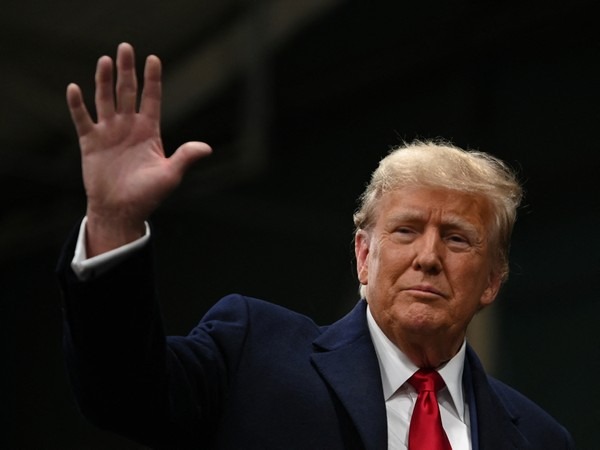Trump's Unprecedented Comeback: Reclaims White House Amid Controversy
Donald Trump, after losing the 2020 election and facing legal challenges, has reclaimed the U.S. presidency by defeating Kamala Harris. His campaign emphasized issues such as the economy and immigration, appealing to specific voter demographics. Trump's victory is set to influence U.S. trade, climate policies, and domestic politics.

Donald Trump has returned to the White House, defeating Democratic candidate Kamala Harris and marking a significant political comeback four years after his previous term ended in controversy. His victory has been described as potentially transformational for both domestic and international policies.
Riding on concerns about high prices and crime, Trump's campaign successfully targeted key voter groups, including Hispanics and rural voters. Despite facing numerous legal battles and a polarizing campaign marked by divisive rhetoric, Trump secured the necessary electoral votes, notably winning in the swing state of Wisconsin.
The implications of Trump's presidency could be far-reaching, from potential shifts in trade and climate policies to a reshaping of the executive branch. As Trump prepares to prioritize personal loyalty in his administration, political and social fissures in the nation may deepen, setting the stage for a contentious term.
(With inputs from agencies.)
ALSO READ
Market Jitters: Key Week for China and U.S. Economy
Pakistan's Central Bank Slashes Rates to Boost Economy Amid Easing Inflation
Toward Fairness in the Digital Economy: Evolving Protections for Gig Workers Worldwide
Javier Milei: The Chainsaw-Wielding Economist Reshaping Argentina's Economy
Election Divides: Immigration and Abortion Rights Shape Voter Choices










